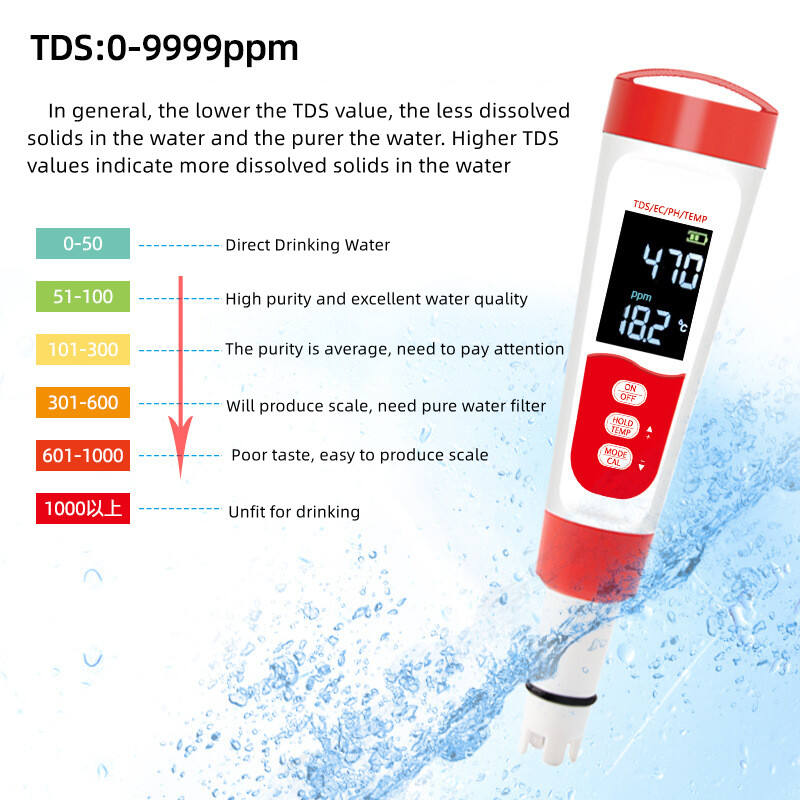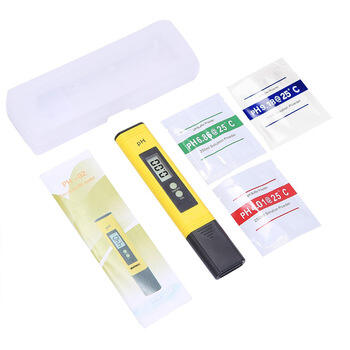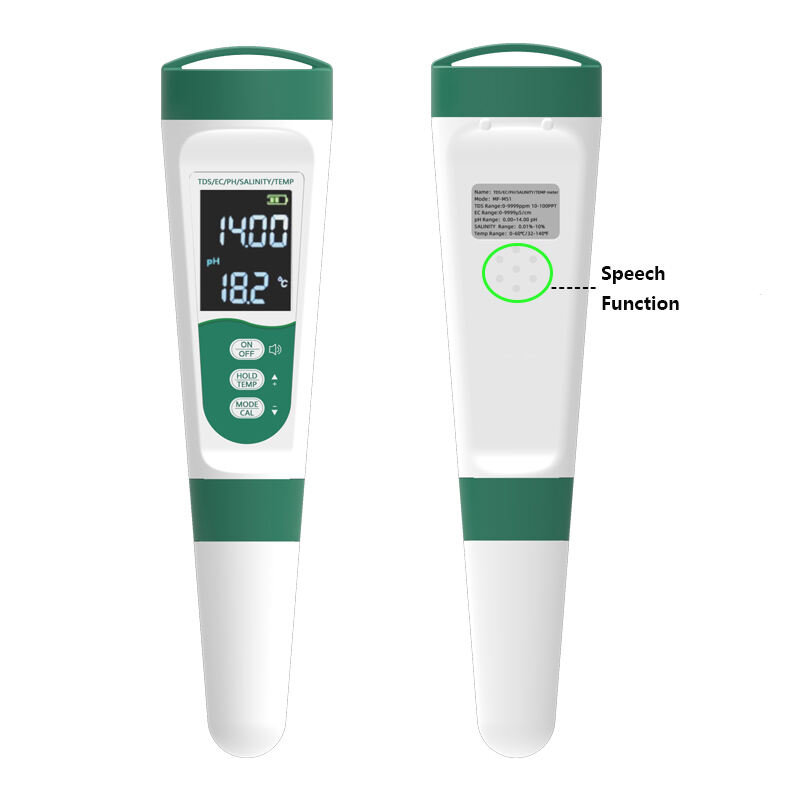ppm meter and ph meter
PPM meters and pH meters are essential analytical instruments designed for precise measurement of water quality parameters. A PPM (Parts Per Million) meter measures the concentration of dissolved solids in water, providing accurate readings of mineral content, nutrients, and other substances. This device is particularly valuable in hydroponics, agriculture, and water treatment facilities, where maintaining optimal nutrient levels is crucial. The pH meter, on the other hand, determines the acidity or alkalinity of solutions by measuring hydrogen ion concentration on a scale of 0 to 14. Modern versions of these meters feature digital displays, automatic temperature compensation, and waterproof casings for enhanced durability. They often include calibration functions and memory storage capabilities for data logging. These instruments utilize advanced sensor technology, with PPM meters typically employing electrical conductivity principles and pH meters using sensitive electrodes to detect ion activity. Their applications span across multiple industries, including environmental monitoring, food production, swimming pool maintenance, and laboratory research. The combination of both meters provides comprehensive water quality analysis, ensuring optimal conditions for various applications while maintaining safety and efficiency standards.


